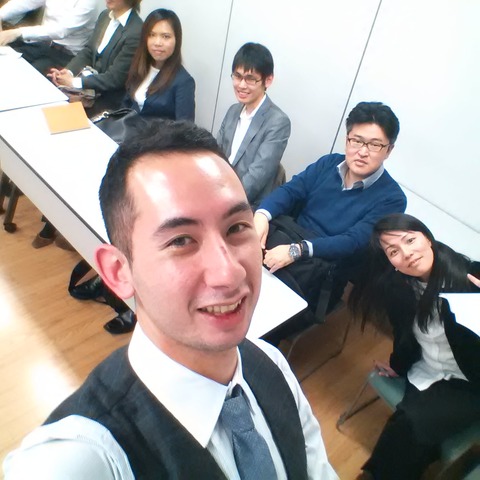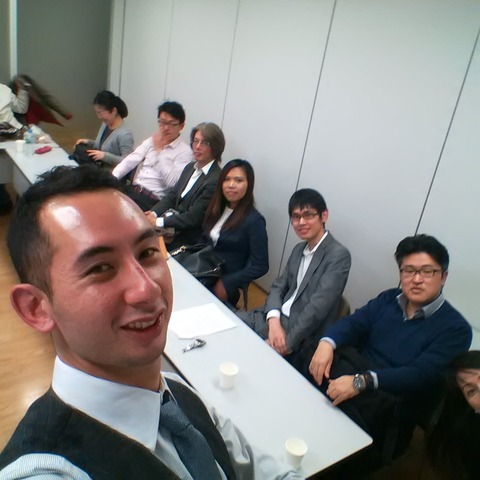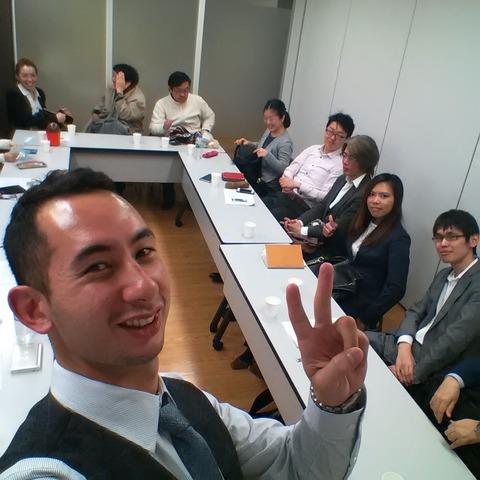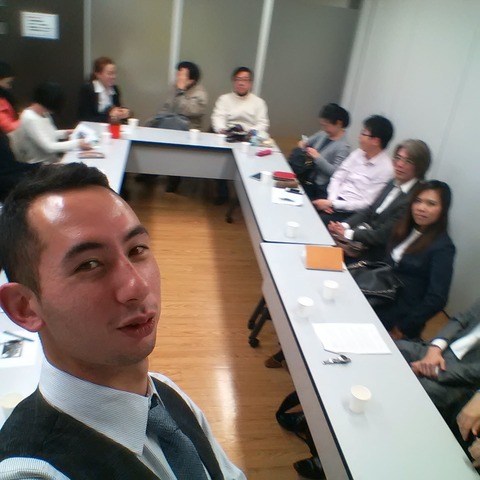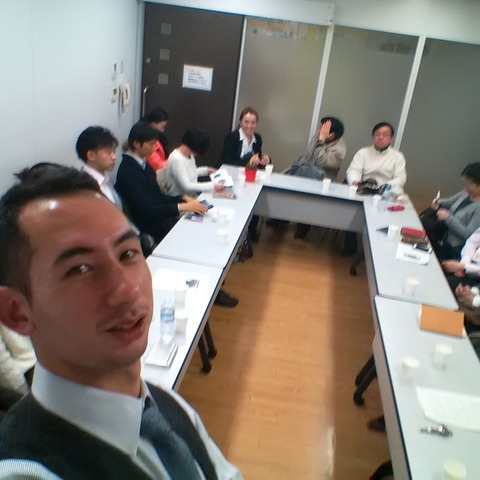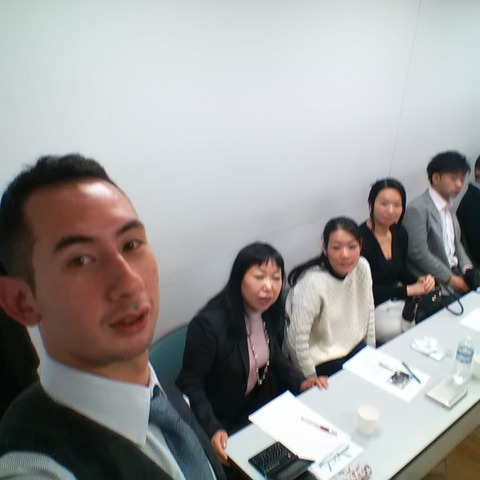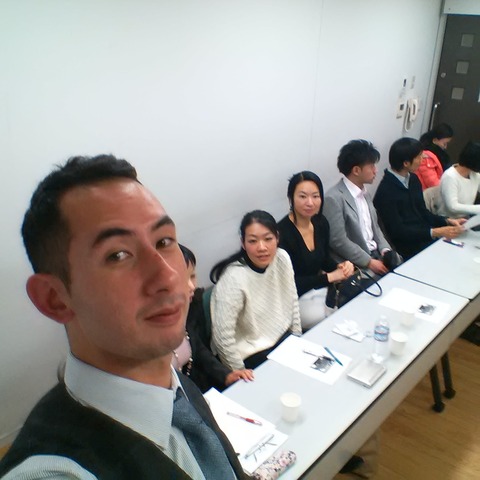Hello All, First off, I’d like to thank everyone that came to today’s lesson:
Blood on the Trading Floor: Is the End of Capitalism Nigh?
I thought it was great to have so many deep thinkers from many nationalities all in one room discussing and debating to death (〜〜をやり尽くす) one article.
As pleased as I am to have been able to chair successfully a healthy discussion on such diverse topics as the present oil price crisis and the “gig economy”, I was left with a somewhat sour taste in my mouth.
Why?
Because I think I failed today to provide any value to the participants.
Ordinarily, I find an article or a story or something that gives subtle hints and insights into the Western (or other) mindset. That is what I aim to achieve in my lessons.
Unfortunately, I failed at that today. Further, as strange as it sounds, I was left upset at the very high level of interest shown in this class, a business class. Why is it that people are interested in business topics?
Why is it that business topics seem to attract the greatest number of people?
Is it because they want to be more “global”?
I don’t think today’s lesson was “global” at all.
I don’t think it was “global” because I couldn’t provide any cultural insights. That’s why I believe it was a failure. Let me explain:
As a person who speaks both English and Japanese fluently, as someone who has lived in different cultures and experienced different ways of thinking, I think the most “global” people are those who are able to relate to persons from other countries on a deeper, cultural level.
As an example, why do so many foreigners find it difficult to integrate successfully into Japanese society (this includes myself)?
Allow me to expound on what I believe “グローバルな人材” is, from the perspective of a “global person” with the characteristics and background as described above.
1. A person who can communicate with people from other countries on a 表面的 level using a common language (English).
2. A person who can communicate with people from other countries on an 奥深い level using cultural understanding (that includes tradition, beliefs, values, etc).
3. A person who can combine the two above to communicate with people from other countries 心から.
Sadly, I have yet to achieve 2. and 3. with the people who come to my class.
Allow me to remind you that this is NOT a criticism of you, the reader of this, my humble journal and blog. This is a criticism of the shameless media and corporate interests that keep propagandizing the falsehood: YOU MUST LEARN ENGLISH TO BE GLOBAL.
This is nonsense and only serves to keep you ignorant of the beauty of the world, of other cultures, of other people. There is so much, so much more to learn besides the English language.
It’s just like in the California Gold Rush – these people are attempting to sell you the tools to dig for gold while keeping secret from you where the gold is to be found (probably they don’t even know). And believe me, the gold is out there. You just need to know where to look.
But we live and we learn. Even though I feel I failed today, it was most definitely a valuable lesson – for me, for sure.
I look forward to one day showing you where the gold is buried.
Yours truly,
Julian

